A Gentle Voice in Contemporary Debate
In times of routine, work overload and isolation, where everybody is a stranger these are the little things and experiences that constitute happiness. Fitting in this notion Juanjo Giménez made “Timecode” a little comforting story. Diego and Luna work as security guards at a big urban parking lot. One day, while watching recordings from surveillance cameras, Luna spots her colleague whirling in pirouettes among cars on the parking lot. Daily routine is even more disrupted when Luna, intrigued by this performance, tries to dance herself in front of the cameras. From now on a special bond of understanding develops between these two.
Juanjo Giménez awarded with numerous national and foreign accolades for his previous short features e.g. Indirect Free Kick (1997), Maximum Penalty (2005) is certainly an experienced shorts director. Drawing on his Spanish background, this time he presents us with a very sensual film and at the same time – a precise diagnosis of contemporary society. He aptly handles various elements of cinema language in attempt to make his movie more realistic and relaxing in reception. Firstly, lead characters Luna and Diego are chosen to be ordinary people, which makes the message more universal. They are immersed in job routine and exchange only a courteous phrase ¿Todo bien? (eng. Everything okay?) every time they pick their shift. That is why it’s so interesting to watch how their strange relationship evolves and develops through body language, dance and choreography instead of words. The director also facilitates understanding of the story by concentrating on the plot and avoiding redundant information. This, however, doesn’t mean that he abandons attention to detail. On the contrary, since majority of the communication happens without words we are presented with some close-ups that stress the importance of certain objects. This makes the picture very pleasant and intuitive in reception. The same effect is attained through gentle camera movements, wide shots and slow tilts. Another very original idea of the author was to incorporate CCTV camera screens into the movie. While directly watching images on guards’ monitors, we get an impression of participation in the plot as if we were looking just over their shoulders. Moreover, some of the sequences are shown by means of split screen typical for a surveillance camera. Showing dance sequences in this way produces an outcome similar to a music video. And music is another highlight of the feature. Main theme – a Viennese waltz – is reserved only for dance sequences. The director chose it to be performed on Spanish guitar, which adds a touch of Spanish culture and approach to the topic. Watching dance performance on a split screen accompanied by such a sensual music produces an astonishing result. I have never thought that dancing in the parking lot can be a manifestation of such beauty. And here comes another aspect of the movie – its unique beauty. The picture, simple as it is, has a certain charm and carry a touch of warmth. Combination of crude walls with vivid parking colouring and bright lights is mitigated by CCTV camera lens. It gives the picture a certain texture and dimmed lighting, which matches nicely with dance sequences. Finally, this nostalgic ambience brings us closer to a debate on isolation, loneliness and lack of understanding in nowadays society. The clash of unwelcoming, cold spaces and smooth movements resembles our shyness and clumsiness when it comes to communication. In “Timecode”, where longing for interaction cannot be satisfied by talking it manifests itself through dancing, one of many possible means of communication. Choosing dance and body language as message conveyors and building on the experience of two professional dancers – Lali Ayguadé (as Luna) and Nicolas Ricchini (as Diego) – the movie fits in the notion of dance dramas like “Billy Elliot” or “Pina” however, adds a Spanish angle to it. This is justified by the director’s confessions about the movie: “We were deciding on a lot of things on the fly, even rewriting the script everyday in the last moment (…). But in the end, even if we could have done things differently, every film has its own nature.” And that’s the inner value of this feature – its delicacy, sensuality, flow of emotions and attention to detail – its very nature.
Rating: 5/6 stars

